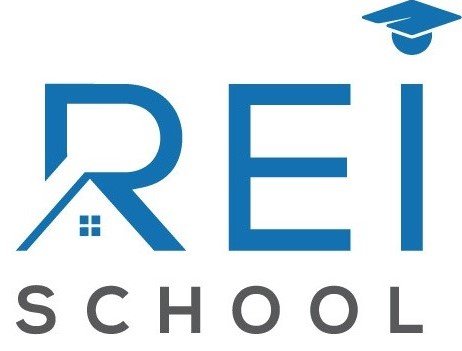August 25, 2025 | 4 Minute Read
Back in 2011, I left the beaches of Fort Lauderdale, FL after 15 years and up and move to Birmingham, AL. Why? I was selling fully renovated turnkey properties in Birmingham for around $50,000. I bought them dirt cheap—between $8,000–$12,000—and invested another $30,000 in renovations.

After closing, I cleared about $15,000 profit per house, selling 3–4 each month to out-of-state investors.
I could not do this in South Florida.
Rents averaged $700–$800/month, taxes and insurance were low, and cap rates hit 15%. I told my buyers these were historical low prices, plan on holding at least 7 years.
Fast forward to today: those same houses are now worth $150,000 or more. Many investors sold in 2020 when rates bottomed out, timing the market perfectly. Some still hold and enjoy strong cash flow. But not every story turned out that way—like Jeffrey’s.
In July 2011, Jeffrey bought a 3 bed/1 bath turnkey from me for $51,000, with a Section 8 tenant paying $750/month.
Here’s the house.
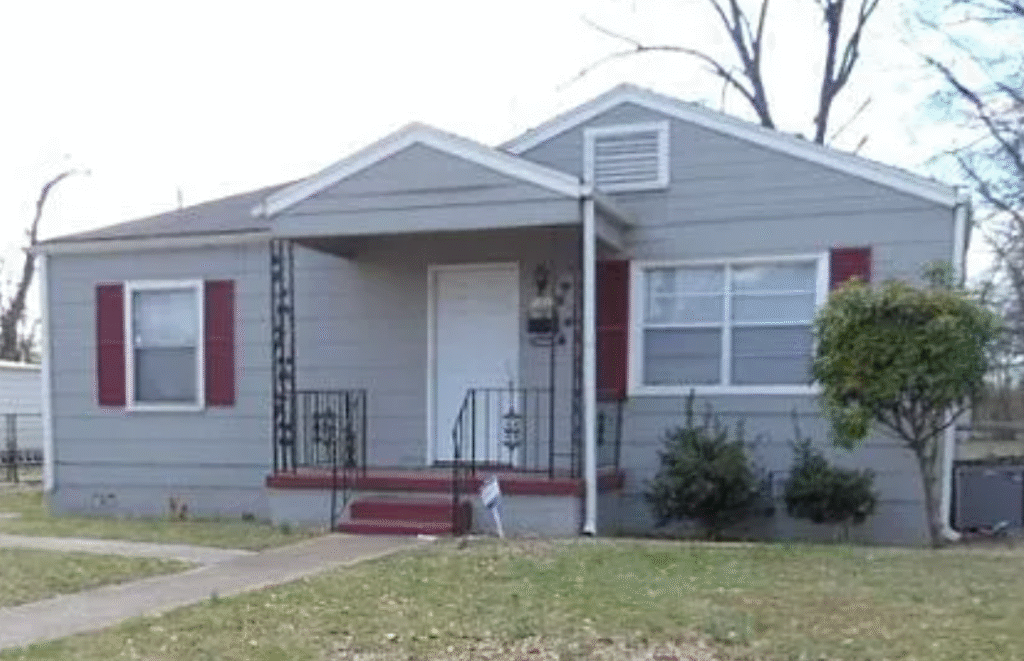

Good looking house, right? Fully renovated with a new roof, HVAC, plumbing and electrical.
I managed it briefly before handing it off to a property management (PM) company. I warned Jeffrey—as I do with all my investors—a rental is only as good as its property management.
That PM turned out to be a disaster. Rent payments were late, maintenance costs falsified, and eventually, they were caught stealing from multiple clients. Their real estate license was revoked, but investors—including Jeffrey—never recovered the lost rent.
Jeffrey hired another PM and enjoyed solid returns—until 2020 when he had a tenant turnover. At first, rent was paid, but by year two, the tenant defaulted. The eviction took 6 months and thousands in legal fees. When Jeffrey regained possession, the property was trashed.
The PM quoted $25,000 in repairs, which Jeffrey couldn’t afford. The house sat vacant, got vandalized, stripped of copper and HVAC, and was eventually taken over by squatters.
Since there was no mortgage, Jeffrey was still on the hook for taxes. He stopped paying, and by September 2022, the tax lien sold at auction.
In January 2023, Jeffrey called me. He wanted out and offered to sell it back to me for $20,000. After walking the property, I estimated $65,000 in repairs, with an ARV of $100,000.
Using the BRRRR strategy, I’d need to stay under 75% LTV, or $75,000 all-in. With $70,000 in total costs (purchase + rehab + holding), my max offer was $5,000. Jeffrey declined.
Last week, he called again—still desperate to offload it. After revisiting the property, the good news is the house hasn’t worsened since 2023. He also paid the taxes and regained possession from the squatters.
Here’s what it looks like today as of August 21, 2025.
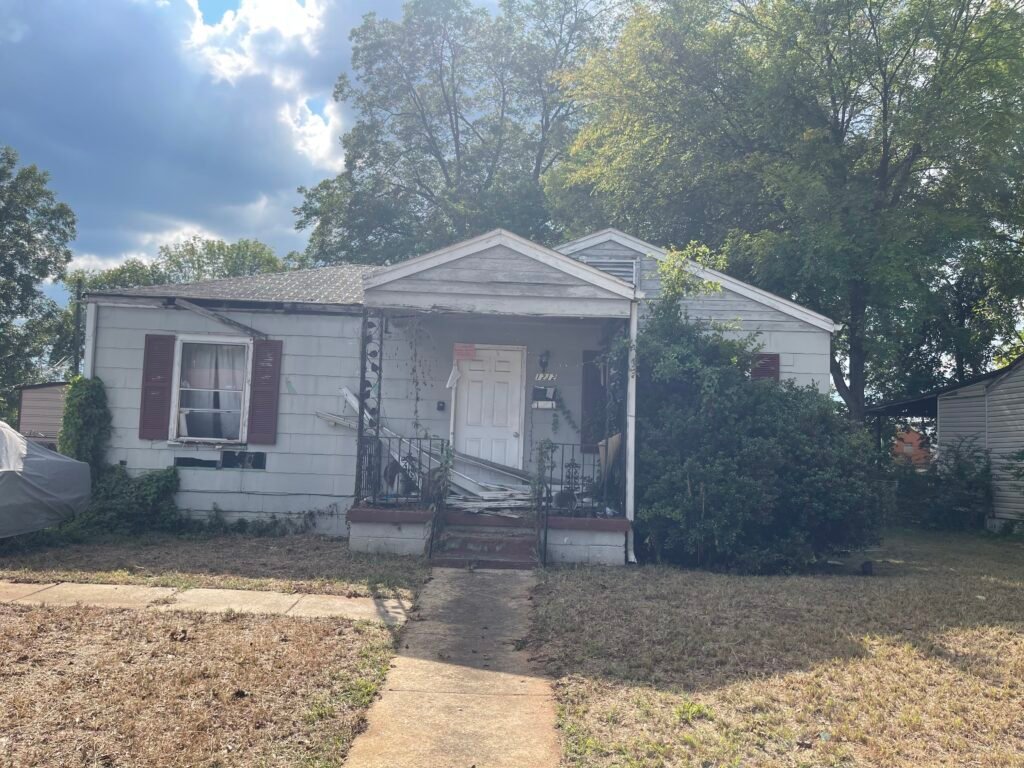
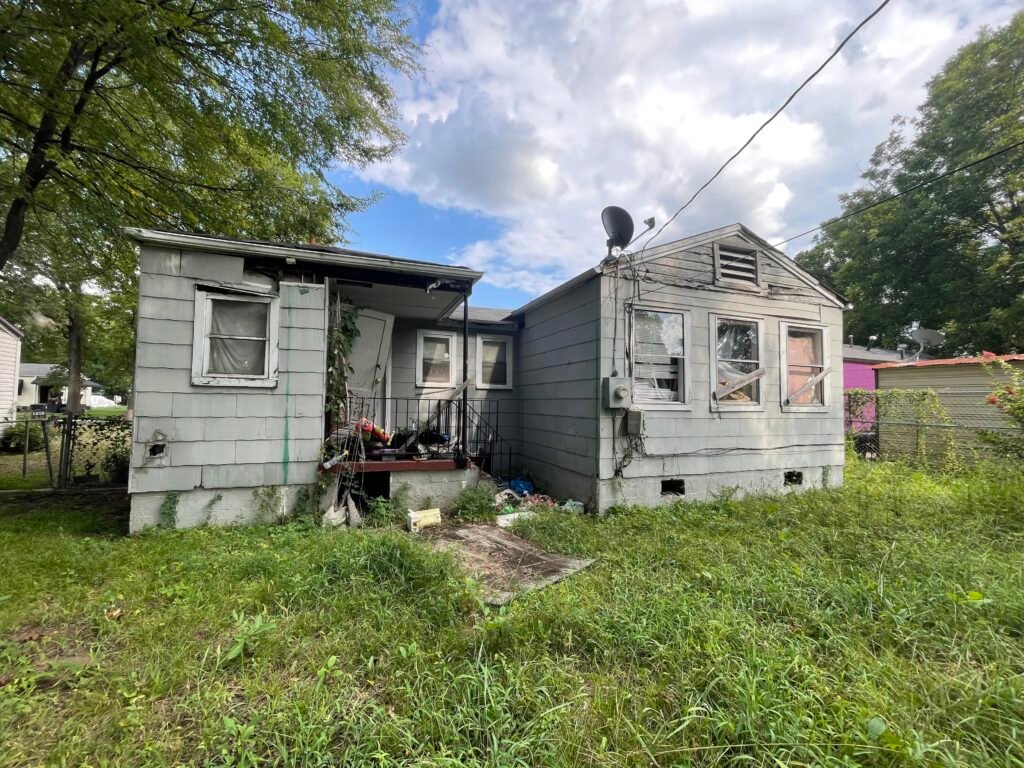
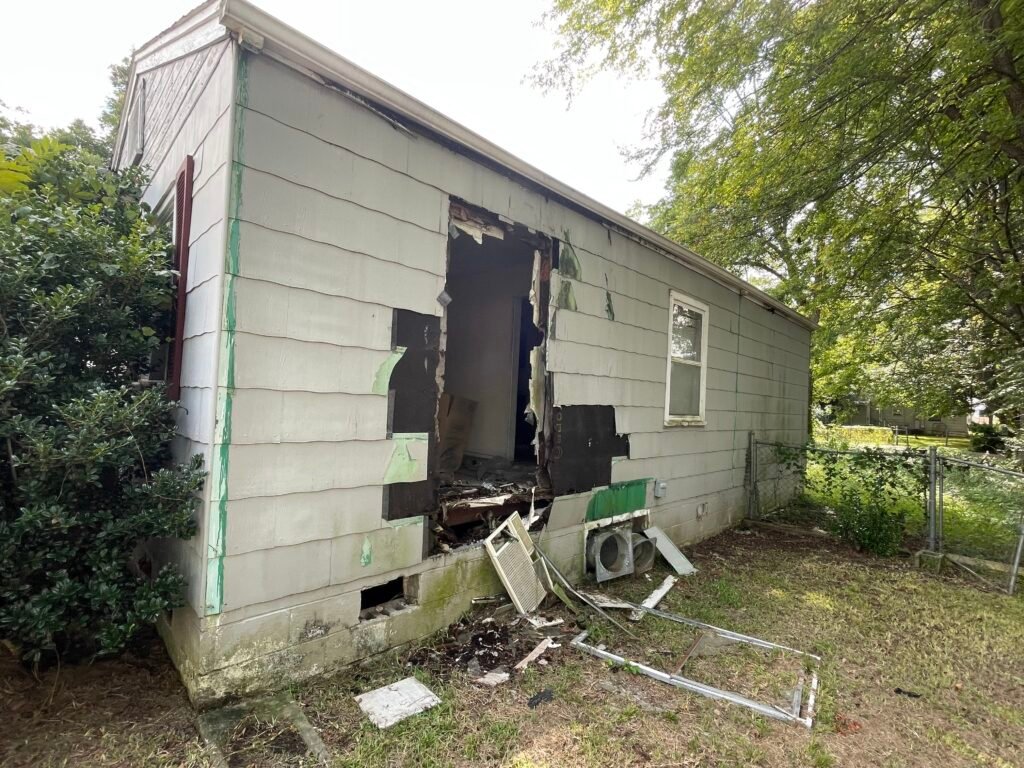
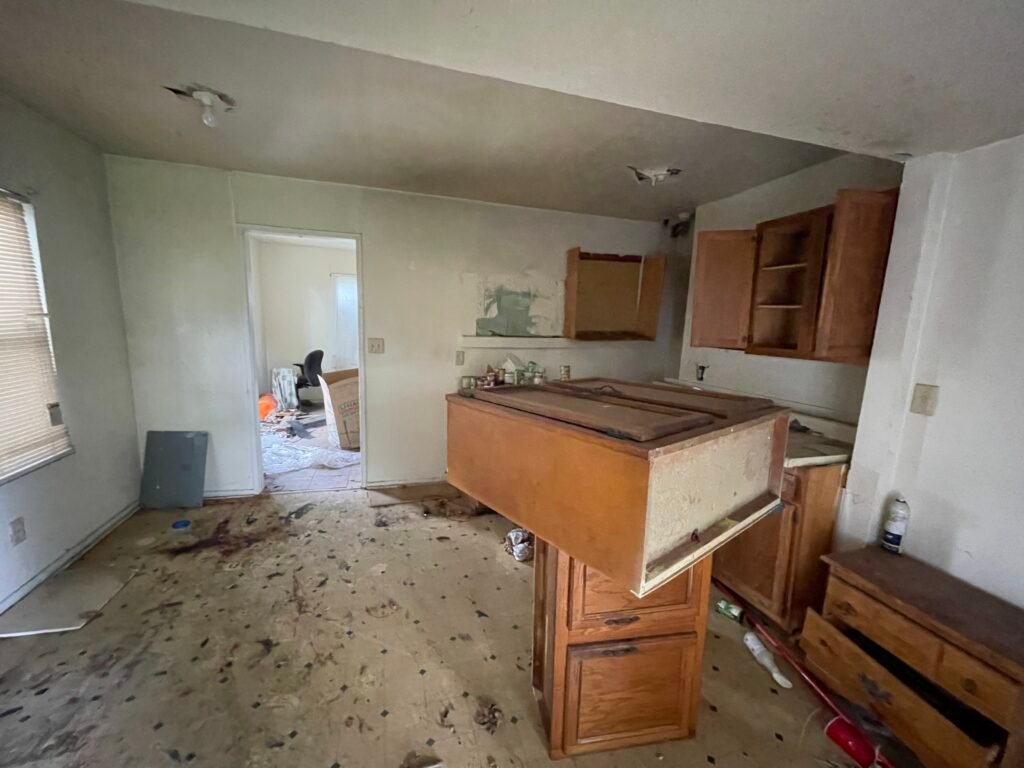
Jeez. Really! What a mess.
My offer: $5,000.
He accepted.
Everything that could go wrong with a rental property, went wrong with this one.
Let’s recap:
Poor property management
Rent distributions were paid late.
Maintenance costs were falsified.
Rental income was stolen by the PM company.
PM was eventually shut down and lost their license.
Weak tenant screening
New PM accepted a tenant with an eviction history and criminal record (discovered during the eviction process).
Tenant paid rent the first year, stopped in the second year after losing his job.
Eviction troubles
Eviction process dragged out 6 months.
Thousands lost in legal fees.
Property was trashed after tenant removal.
High repair costs
PM quoted $25,000 in repairs, which the owner couldn’t afford.
Property sat vacant and deteriorated further.
Vacancy consequences
Vandalism occurred.
Copper, HVAC, and other valuables stripped.
Squatters moved in.
Tax delinquency
With no mortgage, owner was still responsible for taxes.
Stopped paying, leading to tax lien sale in September 2022.
Lessons Learned
Choose Property Management Wisely
A great investment property can turn into a nightmare if your property manager is dishonest, incompetent, or simply profit-driven at your expense. Do deep due diligence on PM companies.Trust but Verify
Even with professional management, monitor your statements, expenses, and tenant placements. Investors who check in regularly spot red flags early.Tenant Screening Is Non-Negotiable
Accepting tenants with prior evictions or criminal records often leads to costly turnover. Strong screening protects cash flow and property condition.Always Have a Reserve Fund
Jeffrey couldn’t afford the $25,000 in repairs, which triggered a downward spiral. Keep cash reserves for emergencies, especially vacancies and rehabs.Vacancies Kill Properties
Empty houses attract vandalism, theft, and squatters. Quick re-renting or selling is better than letting a property sit.Stay Current on Taxes
Even without a mortgage, unpaid taxes can wipe out ownership through a tax lien sale. Always pay property taxes first.Plan for the Long Game
A solid rental property investment can fail if systems (management, screening, reserves) aren’t in place. Real estate is not “set it and forget it.”
Jeffrey’s story is a reminder that real estate success isn’t just about buying right—it’s about managing right. Even the best deals can fail without solid property management, proper tenant screening, and financial reserves.
The takeaway is clear: protect your investments with the right systems, or risk turning opportunity into loss.
